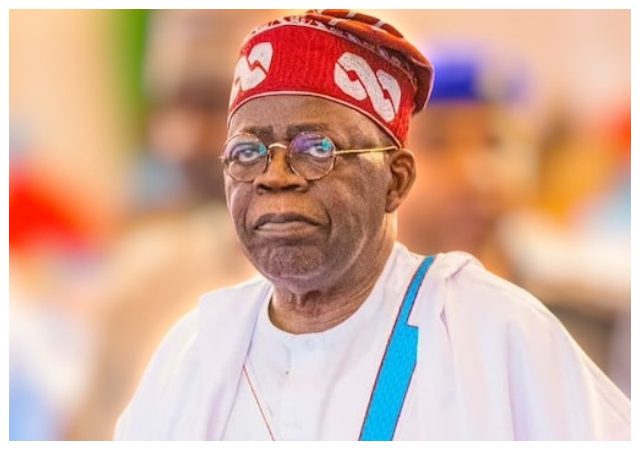
President Bola Tinubu is scheduled to speak today, September 5, at 11 a.m. during the third plenary session of the African Climate Summit, themed, “Charting a Vision: Investment Opportunities for Green Growth.”
However, it is unclear who will represent the president as he is attending the G-20 Summit in India.
Today’s session will begin with the presidential opening, which will be graced by dozens of African Heads of State and Governments.
The security situation is tight as delegates, ministers and presidents have arrived at the centre.
Tinubu will be speaking alongside Kenya’s President, William Ruto; Ethiopia’s Prime Minister Abiy Ahmed; Senegal’s President, Macky Sall, and a youth representative from Togo, Bawoupati Batassa.
Damilola Ogunbiyi, the Chief Executive Officer of Sustainable Energy for All and the Special Representative of the Secretary-General of the United Nations, will moderate the session.
The ministerial opening, which included several ministers and delegates from around the world in attendance, was one of a plethora of events that took place yesterday at the Kenyatta International Convention Centre in Nairobi, Kenya.
It was Ruto’s first time hosting and serving as chair of the African Climate Change Summit.
Professor Yemi Osinbajo, former vice president and global advisor for the Global Energy Alliance for People and Planet, stated that pollution and gas flaring must stop in order for Nigeria to position itself in the carbon market.
Osinbajo, who moderated yesterday’s session on carbon markets at the summit, said Nigeria must swiftly put an end to gas flaring and successfully start the switch to renewable energy.
The decommissioning of diesel-powered generators in sizable open markets in Nigeria, he added, had already started.
Osinbajo emphasized the urgent need to put an end to gas flaring in his response to our correspondent’s question about the environmental impact of the military’s ongoing burning of stolen oil vessels that it had seized and taken back, despite the Climate Change Act and Nigeria’s nationally determined contribution.
He said, “One of the ways we can get there is by making our carbon market work. If it is commissioned, we can sell those credits. It is a matter of doing what works. If we can activate our carbon market, we can monetise it.”














